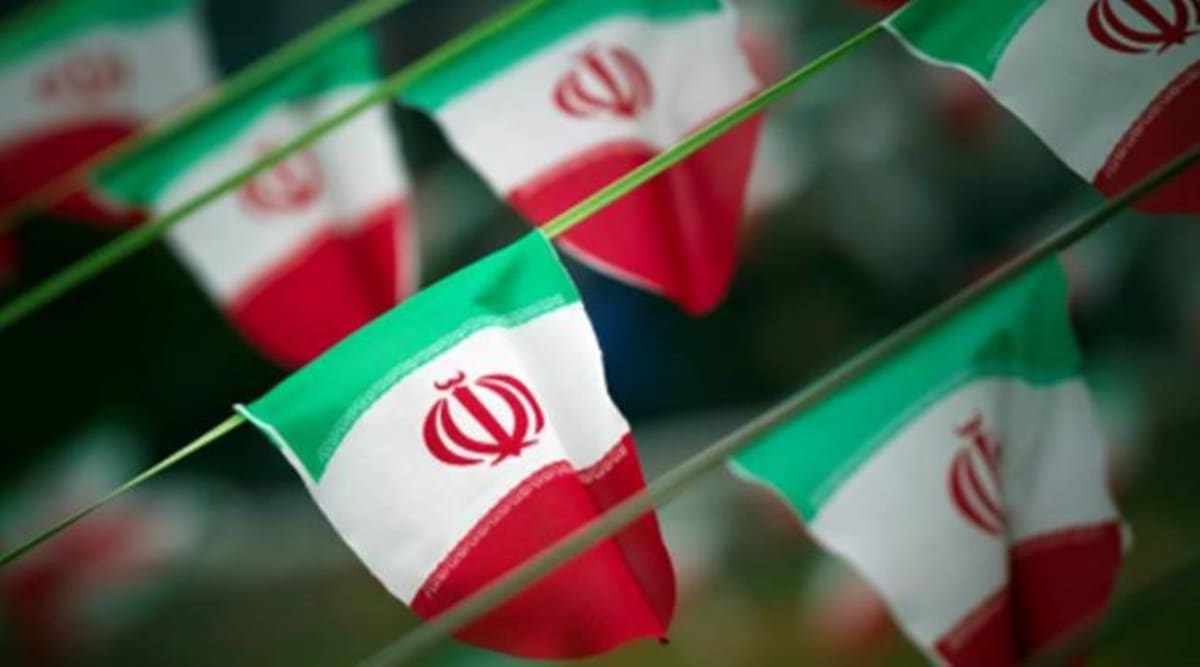 France said that Iran's intelligence ministry was behind the plot
and expelled the Iranian diplomat. (Reuters/Morteze Nikoubazl/Files)
France said that Iran's intelligence ministry was behind the plot
and expelled the Iranian diplomat. (Reuters/Morteze Nikoubazl/Files)Iranian diplomat Assadolah Assadi and three other Iranians go on trial in Antwerp, Belgium on Friday for plotting to bomb a meeting in France in 2018. The meeting was of Iran’s exiled opposition group. This is the first time an EU country has put an Iranian official on trial under terrorism.
Belgian prosecutors charged Assadi and the three others with planning an attack on a rally of the Paris-based National Council of Resistance of Iran (NCRI). The rally’s keynote address was given by Donald Trump’s lawyer, Rudy Giuliani. Assadi was the third counsellor at Iran’s embassy in Vienna.
French officials have said he was in charge of intelligence in southern Europe and was acting on orders from Tehran. Tehran has repeatedly dismissed the charges, calling the allegations a “false flag” stunt by the NCRI, which it considers a terrorist group.
Assadi has not commented on the charges. His lawyer has said he would provide an explanation only at his trial.
Assadi warned authorities in March of possible retaliation by unidentified groups if he is found guilty, according to a police document obtained by Reuters. The attack was thwarted by a coordinated operation between French, German and Belgian security services, according to authorities.
The diplomat was arrested while he was on a holiday in Germany and was handed over to Belgium, where two of his suspected accomplices had been arrested with half a kilo of TATP explosive and a detonator.
According to documents reviewed by Reuters, Belgian authorities believe Assadi brought the explosives from Tehran to Vienna on a commercial flight. “The attack plan was conceived in the name of Iran and under its leadership. It was not a personal initiative by Assadi,” Jaak Raes, head of Belgium’s state security service (VSSE), said in a letter sent to the prosecutor, dated 2nd Feb 2020.
France said that Iran’s intelligence ministry was behind the plot and expelled an Iranian diplomat. The EU froze the assets of an Iranian intelligence unit and officials.
European countries have blamed Iran for other suspected plots against dissidents, including two killings in the Netherlands in 2015 and 2017, and a foiled assassination in Denmark. Iran has denied involvement, saying the accusations were intended to damage EU-Iran relations.